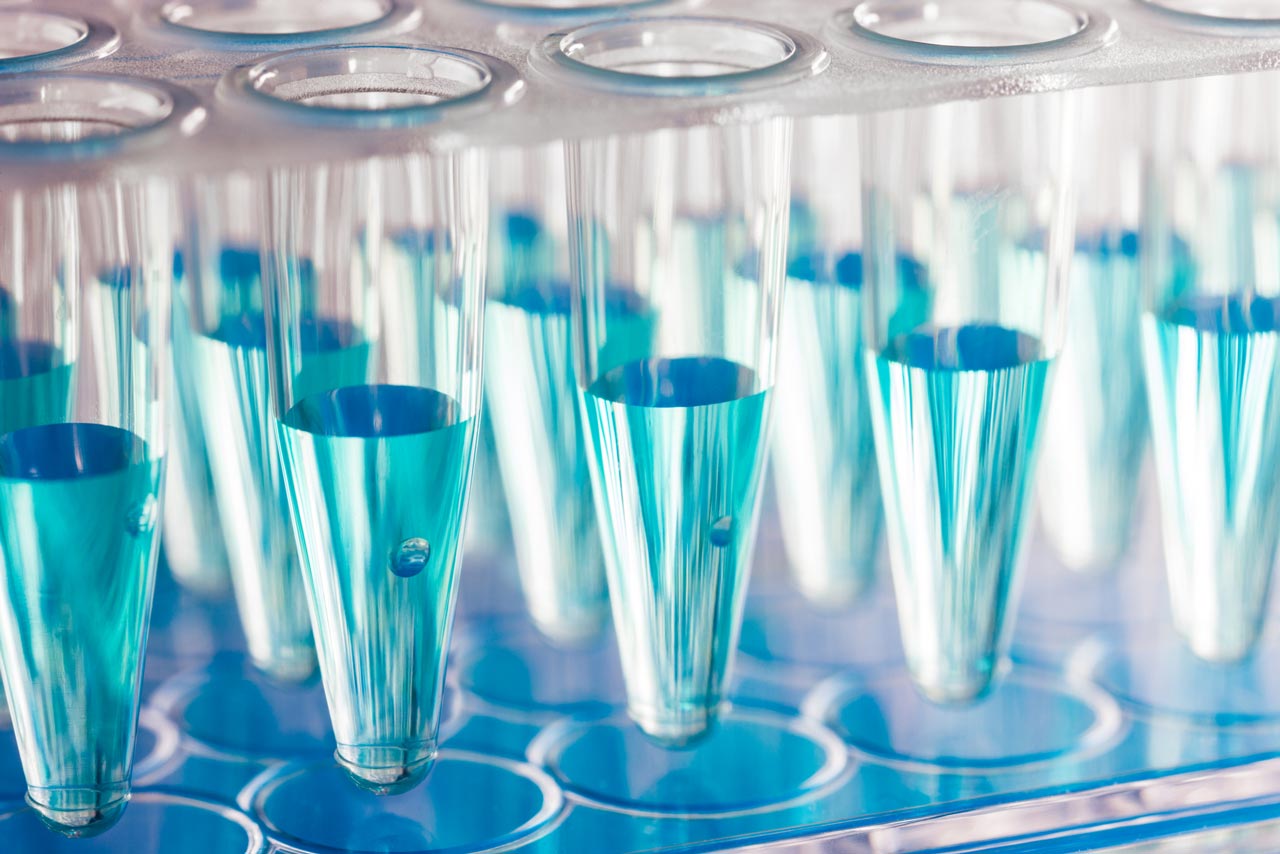Towards better insights in the effects of iron fortification and novel dietary treatments on the gut microbiota



Worldwide, about a quarter of billion children are anaemic. At least half of childhood anaemia is partly caused by a lack of iron. Currently, iron replenishment therapies in underdeveloped tropical countries show minimal effect with severe advents, such as infections, intestinal inflammation and diarrhoea. Together with the group of Prof. M. Zimmermann at the ETH Institute in Zurich, our experts studied whether iron fortification of anaemic Kenyan infants is associated with dysbiosis of their gut microbiota. It was also investigated whether application of new strategies can counteract the adverse effects of iron fortification. The studies performed within this collaboration project have led to publication of two peer-reviewed articles in Gut in 2014 and 2017, showing that the microbiota status of the iron fortified anaemic infants indeed is associated with higher prevalence of pathogenic gut bacteria at the expense of beneficial microbes. Furthermore, supplementation with prebiotic galacto-oligosaccharides (GOS) along with iron was shown to counteract the adverse effects of iron on infant gut health and microbiota composition.
“I’ve worked with NIZO for about 5 years now and I greatly value our fruitful collaboration, which is underscored by several joint high-impact publications. The microbiomics expert team of NIZO is very experienced in analysing the gut microbiome to great depth, including biological interpretation of the outcomes. Their bioinformatics tools and comprehensive visualisations allow presentation of results in such a way that they are also relatively easy to grasp by the general scientific community.” Prof. Dr. Michael Zimmermann, M.D. – Head of Institute of Food, Nutrition and Health – ETH Zurich
NIZO has a long history in studying gut microbiota, applying NIZO’s fermentation and microbiology knowledge originating from our expertise in dairy industry and starter cultures. By involving our team of multidisciplinary experts in host physiology, gastroenterology, fermentation/microbiology and bioinformatics, we are capable of translating large amount of complex data into a biological perspective. We apply our integrated microbiomics platform which encompasses NIZO’s in sillico bioinformatics tools such as 16S profiling and high-throughput in vitro technologies for computational discovery and validations of novel microbiota modulators. In addition, we have in vivo sampling technologies and human models for execution of proof of concept human trials in studies of gut microbiota. A large number of our projects is related to gut health, and performed for our customers, but also together with our academic partners, which has been published in high impact peer reviewed journals. We are continuously developing novel and optimizing our current (omics-) technologies within the field of gut microbiota research for better understanding of the mechanistic insights in host-microbiota interactions.
The Laboratory of Human Nutrition of ETH Zürich strives to develop sustainable strategies to efficiently combat deficiencies of trace minerals, such as iron. The focus of their iron research is on tropical developing countries, where they have ample experience in performing clinical intervention trials with newly developed iron formulations. ETH and NIZO work together on the analysis of the infant gut microbiota.
Would you like to know more about our work for the infant industry? Contact Teroeska Boterkoper.